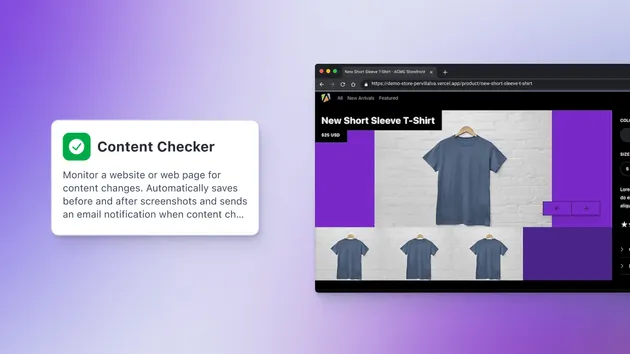bullhorn-email-checker
Pricing
$35.00/month + usage
bullhorn-email-checker
Under maintenanceBullhorn Email Checker stops duplicate candidates in seconds. It logs into Bullhorn, searches by email, and returns JSON with `exists` and `candidateId`. Plug it into Zapier, n8n or API flows to skip “Create Candidate” when a match is found—no coding required.
0.0 (0)
Pricing
$35.00/month + usage
0
3
3
Last modified
13 days ago





